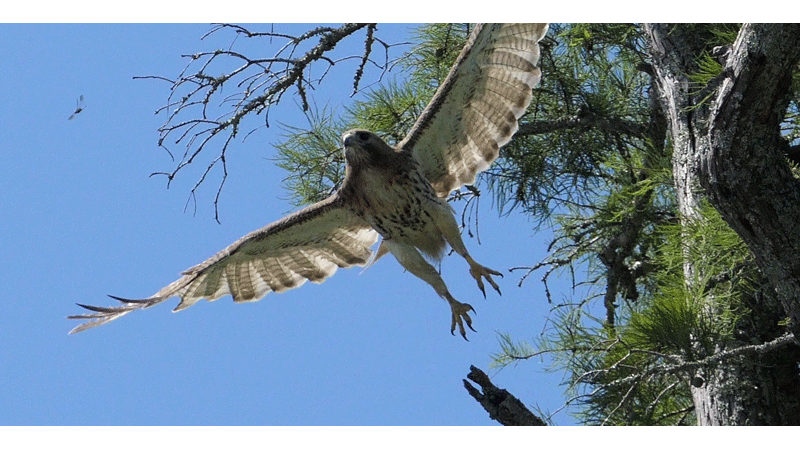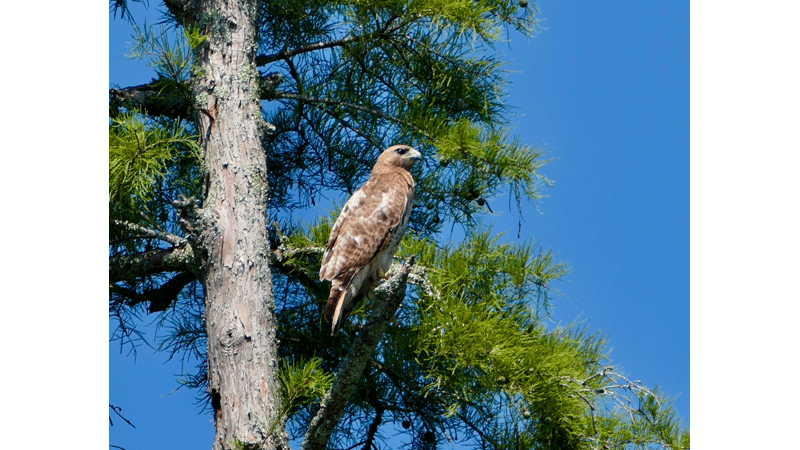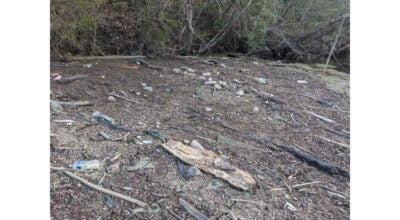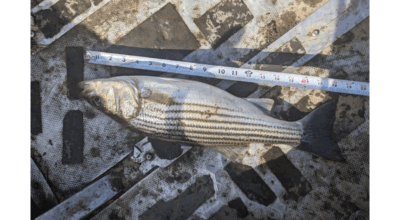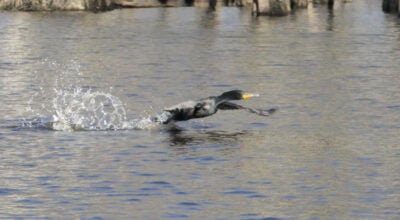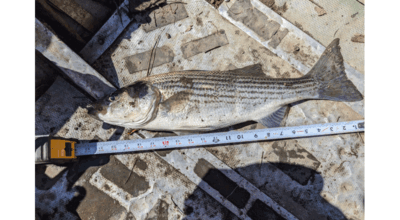RIVERGUARD REPORT: No catfish for you
Published 4:03 pm Thursday, July 13, 2023
|
Getting your Trinity Audio player ready...
|
Whispering Bear and I spent July the 10th through the 11th on the Blackwater below Franklin. The water was in great shape for an 85-degree surface temperature. Usually when the river gets that warm, it starts getting really stagnant. Luckily, we have had decent enough flow in the Blackwater to retard that issue so far this summer. Air temps ranged from 65 to 90 degrees. Skeeters were amazingly not too bad, and trash was light. We decided to come in a day early because the air temps were supposed to reach 94 on Wednesday, and that gets pretty brutal out there.
I have previously reported the rapid expansion of the alligator weed in the Blackwater. Sadly, a friend of mine has discovered it now in the Nottoway up around Courtland, and it looks like it has already gotten a strong foothold. So much so, in fact, that it is my opinion it cannot be contained. Unfortunately, I do not go on that part of the river in summer months because of water levels being too low for my boats, so I missed the early stages of this invasive species getting a foothold on the Nottoway. Also, I noticed on the Blackwater this trip that the shade mudflower plant has rapidly increased its presence, especially on the lower river. This is not an invasive species. As with the alligator weed, both are emergent plants, so they do not die at the end of the summer, which could kill fish by the decaying process using up oxygen. In fact, both create shade, which can help keep water temps down in summer, create habitat for critters, uptake excess nutrients like nitrogen and actually produce oxygen in the daytime. The problem occurs when these plants, especially the gator weed, get so thick that they inundate a waterway so badly that they impede water flow, which screws with oxygen levels and starts causing sedimentation issues. Also, the mats can get so thick they choke off sunlight to the water column, which then creates a whole host of problems for the affected waterbody. Then there are the recreational impacts, like causing problems for boating. However, I really doubt either species will get to that point anytime soon. Our winters are still cold enough right now to make it recede underground, however as climate change continues to affect our winters, that could very well change… as we are already seeing with the progression of these weeds now. Also cows in the river and nutrient loads from agricultural and lawn runoff and aging sewer treatment plants feeding these plant species will accelerate their growth. The speed of the weed certainly bears monitoring.
Well, I don’t know what to say: We were skunked again with the catfish at night. We had a few hits, but I think they were gar. I was thinking the high water temps are now affecting the blue catfish bite, however when I Googled that, it states blues spawn at like 80 to 81 degrees, so now, I’m wondering if the bite is now off because they are spawning? So, I Googled that, and lo and behold they do not bite when spawning. However, it also said they do not all spawn at the same time, so one should be able to find pre- or post-spawn fish… We could not, so it was “No catfish for us” again. Maybe one day the water dissolved oxygen, water temperature, water flow, water clarity, water level, water pH, moon phase, prevailing wind and every other variable will align so we can once again catch the blues on the two rivers we call the Blackwater and Nottoway.
Jeff Turner is the Blackwater Nottoway RiverGuard. To contact him about river issues, send him an email at blknotkpr@earthlink.net. He can also be followed on the Blackwater Nottoway RiverGuard Facebook page. Just type in “Blackwater Nottoway RiverGuard” in the search field on Facebook.


